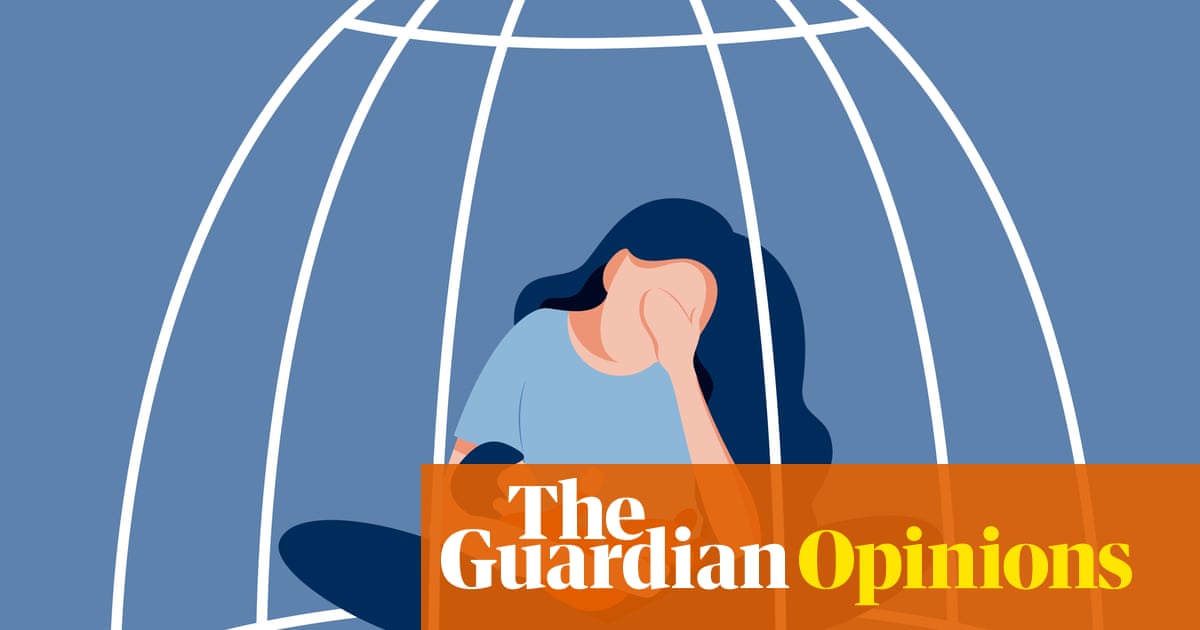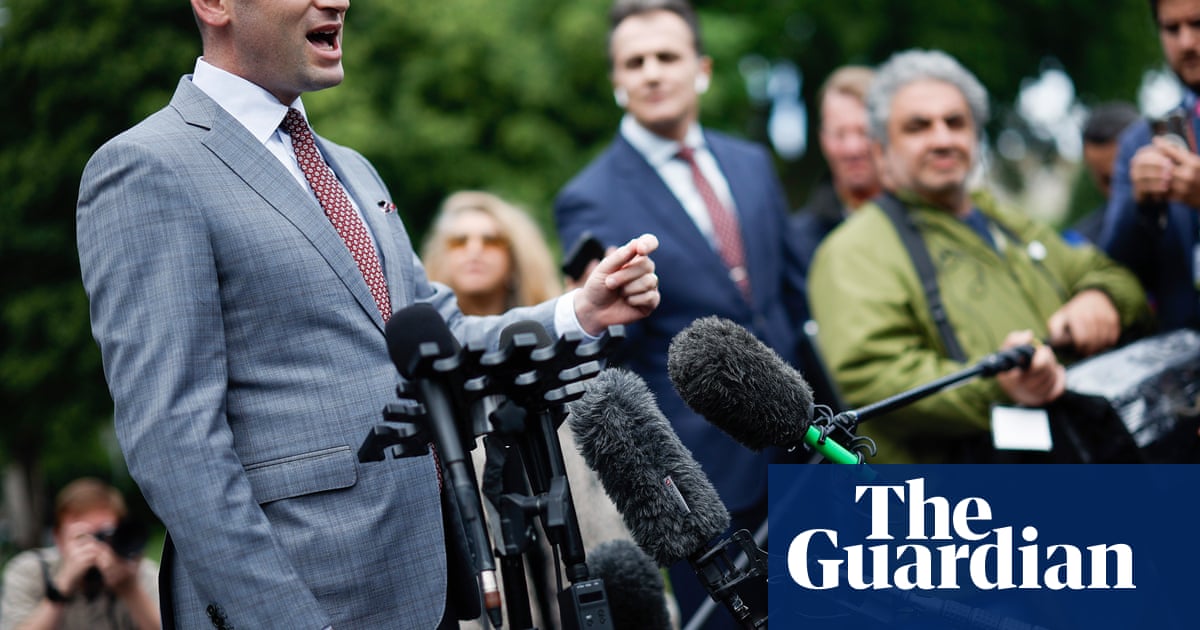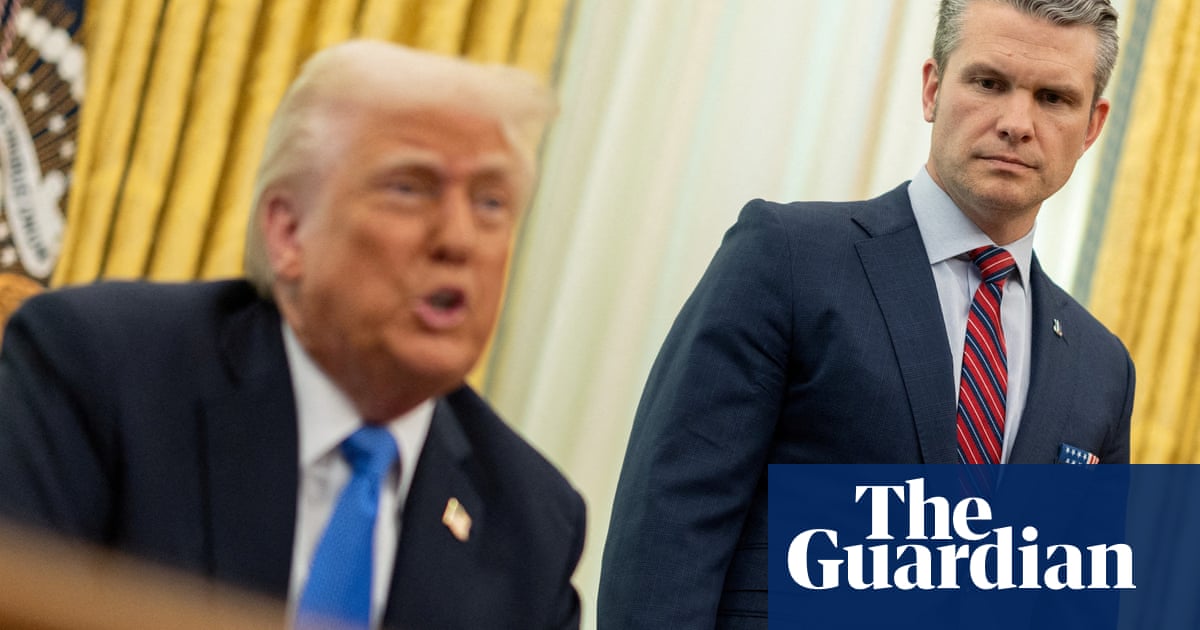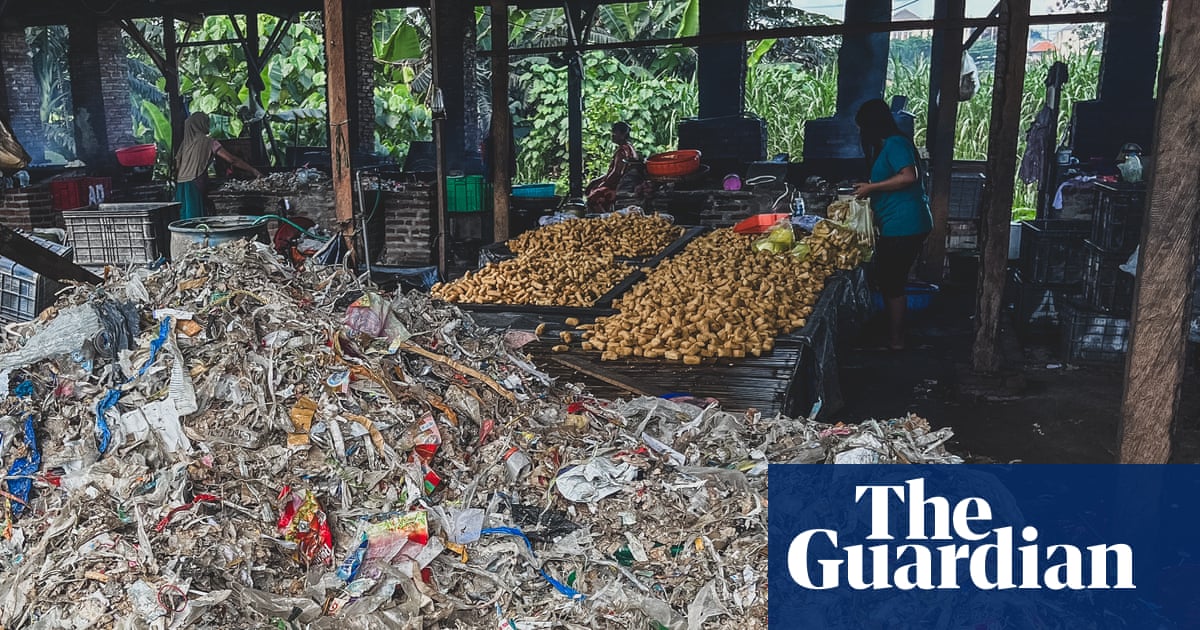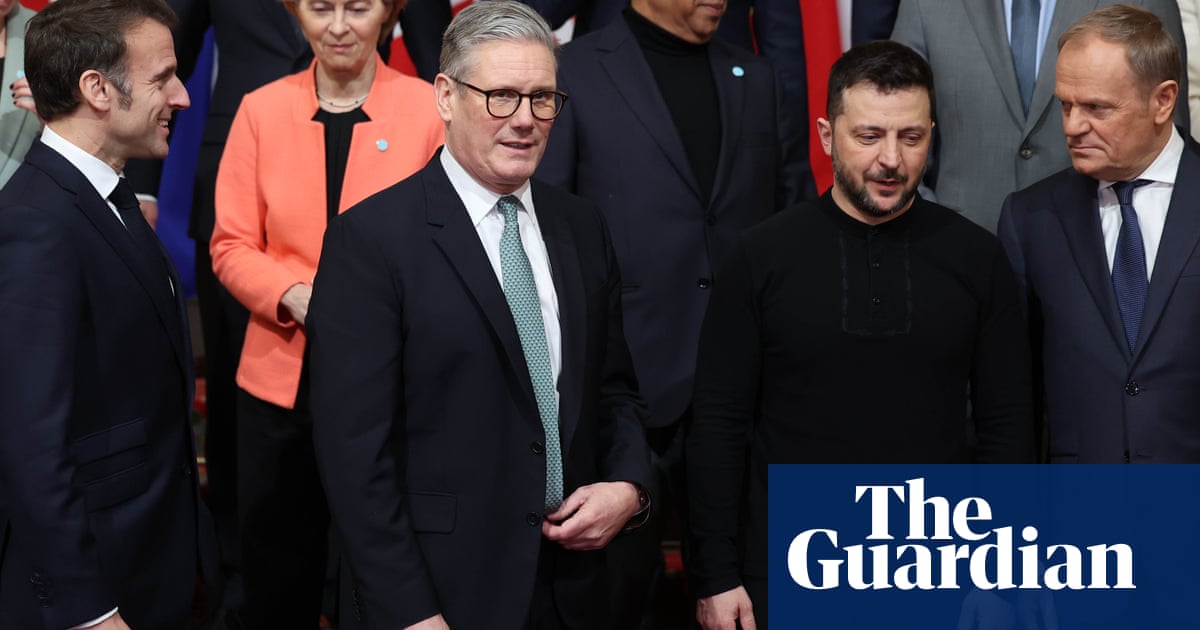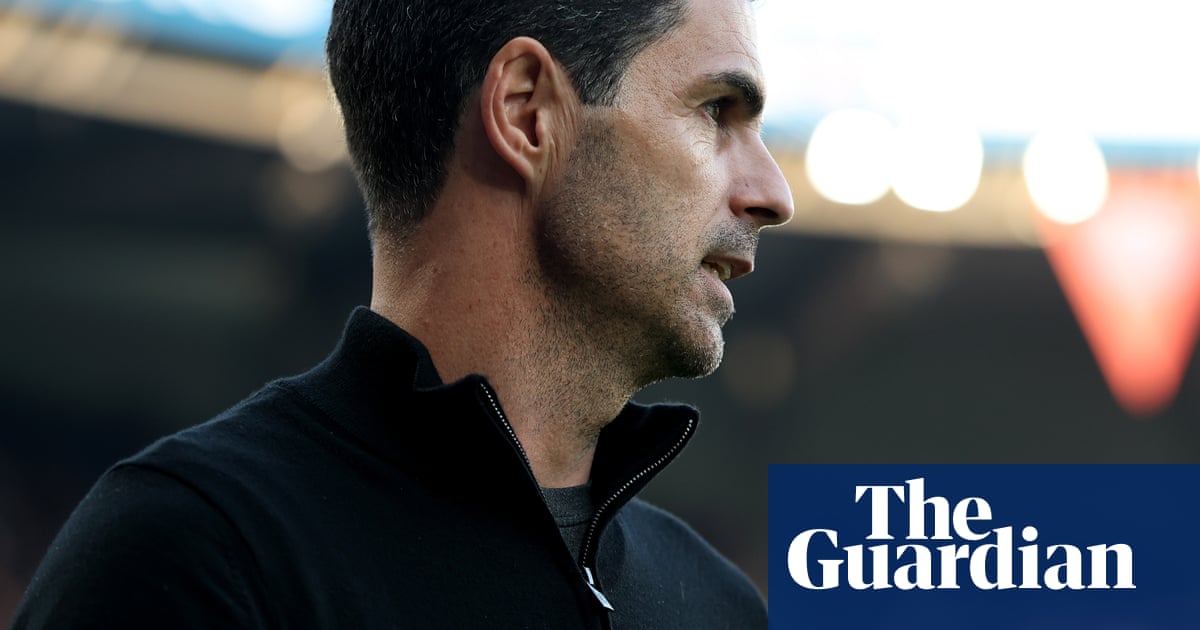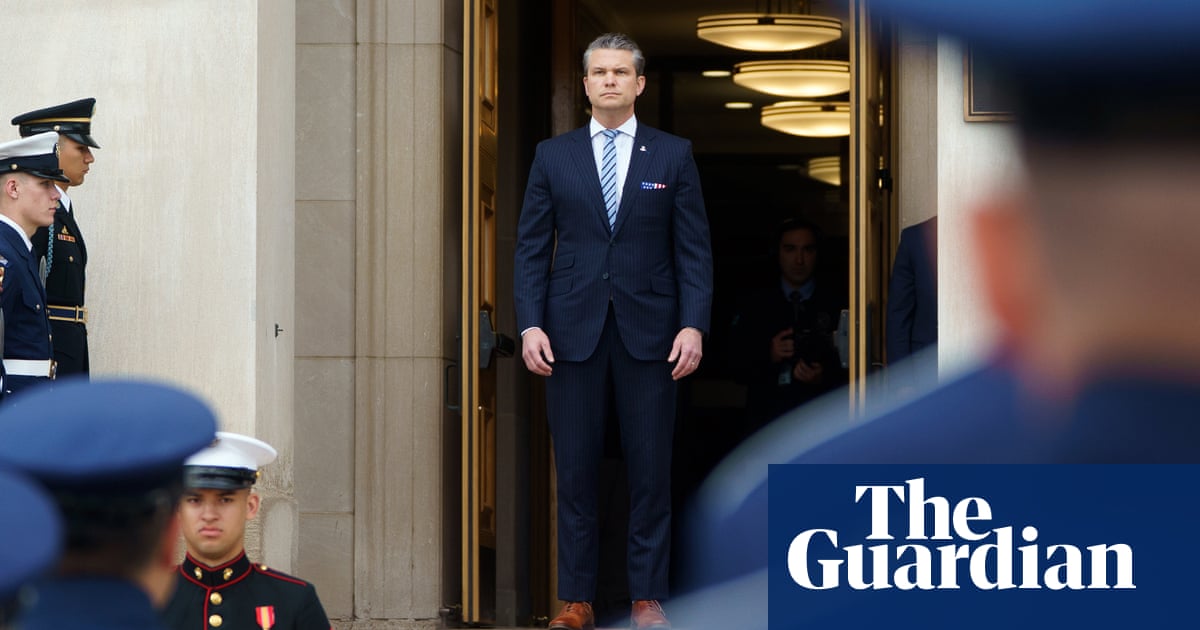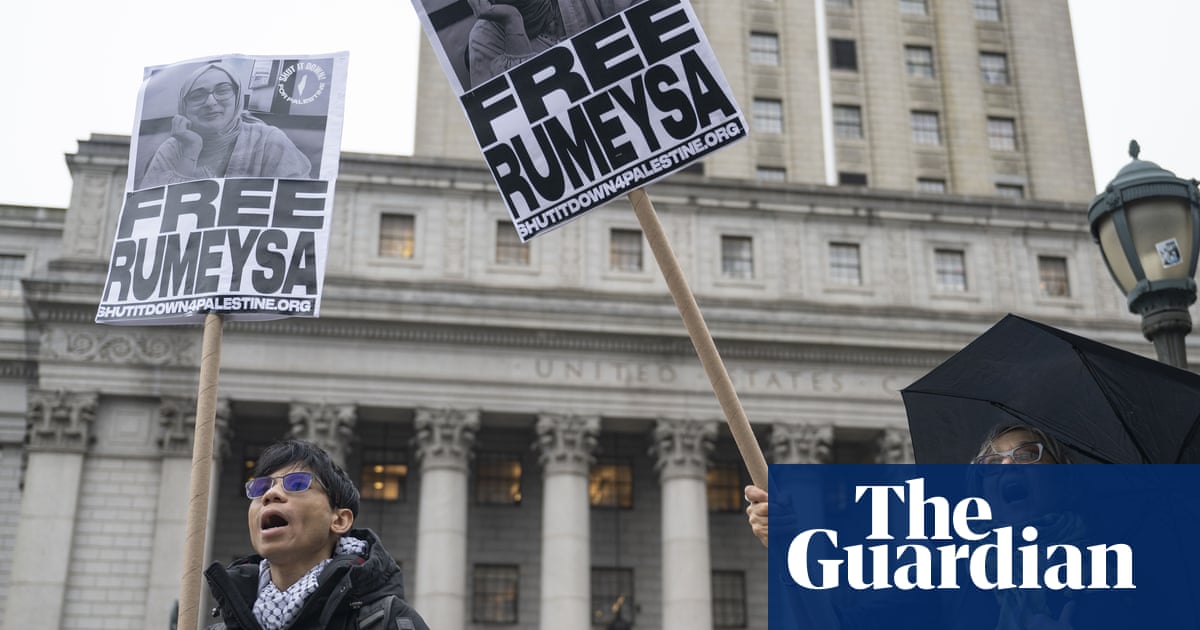Trump has struck last-minute deals with the leaders of Mexico and Canada to postpone for 30 days hefty tariffs on goods they export to the United States, temporarily averting a damaging trade war.
Over the next month, Mexico and Canada will negotiate with Trump.
But it would be wrong to conclude that Trump’s threat to raise tariffs 25% on the US’s two neighbors is just about gaining bargaining leverage.
Hours before the Canadian tariffs went into effect, Trump was asked if there was anything Canada could do to stop them. “We’re not looking for a concession,” Trump said, speaking to reporters in the Oval Office on Friday afternoon. “We’ll just see what happens, we’ll see what happens.”
The real reason for Trump’s threats is to show the world that he’s willing to harm smaller economies even at the cost of harming the US’s very large one.
The point is the show so the world – not just Canada and Mexico – knows it’s dealing with someone who’s willing to mete out big punishments. Trump increases his power by demonstrating he has the power and is willing to use it.
The same with deporting, say, Colombians in military planes, handcuffed and shackled. Trump says, without any basis in fact, that they’re criminals.
If Colombia complains about their treatment, so much the better. Trump threatens tariffs. Colombia backs down, and Trump has once again demonstrated his power.
Why did Trump stop foreign aid? Not because it’s wasteful. In fact, it helps stabilize the world and reduces the spread of communicable diseases. The real reason Trump stopped foreign aid is he wants to show he can.
Why is he disregarding or threatening to tear up treaties and agreements (the Paris agreement, Nato, whatever)? Not because such treaties and agreements are bad for America. To the contrary, they’re in the US’s best interest.
The reason Trump is tearing them up is they tie Trump’s hands and thereby limit his discretion to dish out punishments and rewards.
Don’t think of these as individual “policies”. Think of them together as demonstrations of Trump’s strength.
If he doesn’t reach a deal with Canada or Mexico over the next 30 days and one or both retaliate against US-imposed tariffs with their own tariffs on US exports, he’ll retaliate against them with even bigger tariffs.
If some senior Republican members of Congress object that he’s stepping on congressional prerogatives, so what? It’s an opportunity to show them who’s boss.
If a federal court temporarily stops him, so what? He’ll go right on doing it and demonstrate that the courts are powerless to stop him.
Look behind what’s happening, and you’ll see Trump employing two techniques to gain more power than any US president has ever wielded.
The first is to demonstrate that he can mete out huge punishments and rewards.
It doesn’t matter if the punishment or reward is justified. A 25% tariff on Canada? Hello?
It’s a demonstration of strength.
If prices jump in the US for oil and lumber from Canada or for fruits and vegetables from Mexico, no problem for Trump. Most Americans don’t understand how tariffs work, anyway. Trump will blame Canada and Mexico. And then threaten them with, say, 50% tariffs. Kaboom!
Which brings us to the second technique Trump is using to expand his power: unpredictability.
What makes an abusive parent or spouse, or an abusive dictator, or Trump, especially terrifying? They’re unpredictable. They lash out in ways that are hard to anticipate.
So, anyone potentially affected by their actions gives them extra-wide berth – vast amounts of obedience in advance.
Trump keeps everyone guessing.
He demands Denmark sell Greenland to the United States. He chews out the CEO of the Bank of America at Davos for allegedly discriminating against conservatives. He attacks birthright citizenship.
What’s next? Who knows? That’s the whole point.
How else to explain the bizarre deference – cowardice – we’re seeing among CEOs, the media, almost all Republican and even some Democratic lawmakers? Presumably, they’re all saying to themselves: “He could do anything, so let’s be especially careful.”
In 1517, Niccolò Machiavelli argued that sometimes it is “a very wise thing to simulate madness”.
The “rule of law” is all about predictability. We need predictability to be free.
But much of what Trump is doing is probably either illegal yet would require months or years before the US supreme court decides so, or is in the gray area of “probably illegal but untested by the courts”. Which suits his strategy just fine.
The media calls it “chaos”, which is how various people and institutions experience it.
The practical consequence is that an increasing number of so-called “leaders” – in the private, public and non-profit sectors, and around the world – are telling their boards, overseers, trustees or legislatures: “We have to give Trump whatever he wants and even try to anticipate his wants, because who knows how he’ll react if we don’t?”
Together, these two techniques – big demonstrations of discretionary power to reward or punish, and wild uncertainty about when or how he’ll do so – expand Trump’s power beyond the point any president has ever pushed it.
Which brings us to the obvious question: why is Trump so obsessed with enlarging his power?
Hint: it’s not about improving the wellbeing of average Americans and certainly not about making America great again (whatever that means).
True, he’s a malignant narcissist and sadist with an insatiable lust for power who gets pleasure out of making others squirm.
But there’s something else.
The bigger his demonstrable power and the more unpredictably he wields it, the greater his ability to trade some of that power with people with huge amounts of wealth, both in the United States and elsewhere.
I’m referring to America’s billionaires, such as Elon Musk and the 13 other billionaires Trump has installed in his regime, as well as the 744 other billionaires in the US, and the 9,850 Americans with at least $100m in net worth.
Together, these individuals have a huge storehouse of wealth. Many are willing to trade some of it to gain even more, and to tie down what they have more securely.
They give Trump (and his family) business deals, information, campaign money and positive PR (propaganda). In return, he gives them tax cuts, regulatory rollbacks and suspensions of antitrust.
I’m also referring to oligarchs in Russia, China and Saudi Arabia. He gives them special trade deals, energy deals, intelligence deals, access to global deposits of riches; or he threatens to hold them back. In return, they give him (and his family) business deals, information, support in political campaignsand more covert propaganda.
This is Trump’s game: huge demonstrations of power, wielded unpredictably. They’re eliciting extraordinary deals for Trump and his family, domestically and worldwide.
Trump says he’s doing this for American workers. Nothing could be farther from the truth. He’s doing this for himself and for the world’s oligarchy, which, in turn, is busily siphoning off the wealth of the world.
How to stop this? The first step is to understand it.
-
Robert Reich, a former US secretary of labor, is a professor of public policy at the University of California, Berkeley, and the author of Saving Capitalism: For the Many, Not the Few and The Common Good. His newest book, The System: Who Rigged It, How We Fix It, is out now. He is a Guardian US columnist. His newsletter is at robertreich.substack.com

 3 months ago
48
3 months ago
48

